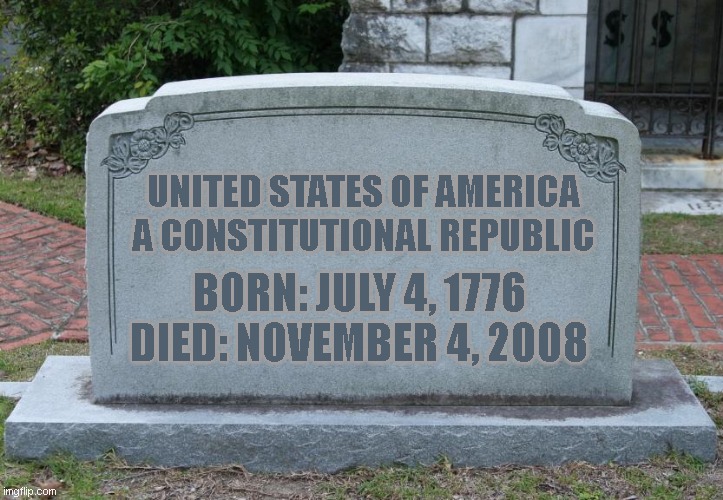🤣🤣🤣


Borrowing money at 21% interest.
Terrible, terrible idea.
You have to do this. Either you know where your money is and where it is going or it is waving bye bye.
Do they include people who buy everything on the card to get cash back or convenience and pay it off every month before interest comes due? Those cards will always carry a balance, and the credit agencies record as such, but no interest is paid.
The credit card interest on my cards are obscenely high and I do not care. I pay them all each month and do not accrue a penalty. In the credit card industry the call us “DEAD BEATS” because we pay our cards on time with no penalties.
In my Antique shop we always give a discount for those that pay cash or by a local check. They get what the credit cards company would have gotten by only shifting electrons in their payment system that cost them little. Actually, we give them more than the credit cost to us. It is good business. They come back later to buy more.
Banks are not your friend but a necessary evil, as most of our sales are by credit cards.


I'd then like to see these adjusted figures juxtaposed with political orientation / voting preferences in the given state.
Q: Are staunch conservatives truly more judicious in their spending habits than leftists?
Regards,
I live in a low-property-tax state, but I still don’t like it when my property tax bill come in once a year. We have no mortgage, so this arrives like a bill, in the mail. I can pay it online in one or two installments.
Because I don’t particularly like paying property tax, I decided long ago to let the bank credit card issuers pay my property tax for me, every year.
And they have! I have not paid property tax for almost two decades. My plan continues to work perfectly.
This year, American Express and Chase will team up to pay it. I am most grateful to both banks. Wondering how? That’s right: credit cards, in combination with new bank accounts from those same banks. All it takes in my case is four to five big cash sign-on bonuses (Chase Ink, Amex Plat, $900 from Chase for savings+checking) and that bill, our biggest, is paid. And, where I go, my lovely wife follows, so every bonus we get we get twice. How can the banks give me so much money? They get it from the people in this article who pay interest and fees. It’s a transfer from those folks to people like us who are far more ‘affluent’. I recommend this method for everyone. Use your good credit score to your advantage. It really works.
Most people don’t pay the full balance each month.
And money habits seem to matter more than income level.
Some high-income earners carry CC debt from month to month.
Some low-income earners have no debt at all. (I’m in this group.)
Budgeting isn’t fun, but it’s necessary.
Paying interest is just throwing money away.
If I can’t pay something off within two to three months, I’m not buying it.
Somehow some way, responsible people with savings will be forced to pay off the debts of others.
I do use my credit card for some expenses, but pay off some of it with each paycheck so that I won’t have the debt piling up. Some people, unfortunately, cannot do even that. Thanks, Brandon.
Our first, and only, credit card for nine years was an American Express card. When we did get other cards we were in the habit of paying the balance every month.
I haven’t paid a penny of interest since we paid our house off years ago.
And who has a stake in credit card companies? the bidens
All that, and airline points too!
how do they differentiate between those who carry balances and those who pay it off at the end of the month in full?
Because my credit score implies I carry my balance when in actuality I pay it off in full and then charge a ton more the next month. So at any given moment, I appear to have a large credit card debit when in actuality I just use the card to get points and cash back.
I was on a trip last week and used an airline rewards credit card for the hotel stay. It made me feel like I had invisible shackles on. Paid it off the day I got home.
The US economy is based on debt….it is unraveling.
“ Mapping Credit Card Delinquency Rates in the U.S. by State”
https://www.visualcapitalist.com/credit-card-delinquency-rates-us-by-state/
“ Credit card delinquency is when a cardholder falls behind on required monthly payments. Credit agencies are often notified after two months of delinquent payments.”
The South leads in highest delinquency rates. Iowa has the lowest rate, but it’s at an eye-popping 13%, with many other states at 30+%.
”A just-released report from Scholaroo indicates that the U.S. national average for credit card debt has escalated to $6,555,
with New Jersey residents leading the nation with an average debt of $8,155 per credit card.
Scholaroo, a national firm matching college students with potential scholarships, surveyed more than 2,000 people across the United States during the final quarter of 2023.
"Coming in at a close second is Connecticut, with an average debt of $8,011 per credit card, followed by Maryland, New York,
and Alaska—all with average credit card debts of more than $7,600 per card.
Rounding out the top 10 states are Colorado, California, Massachusetts, Florida, and Hawaii,
all with average credit card debts in excess of $7,400.
“New Jersey residents’ debt surpasses the national average by 24 percent, while Mississippi has the lowest average credit card debt,
with debtors owing just $5,186—20 percent less than the national average,” the report states."
"Kentucky and Indiana also fell on the lower side, with an average of $5,295."